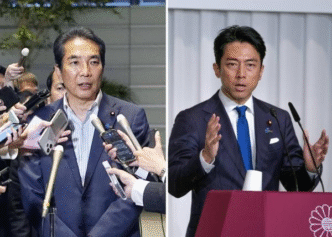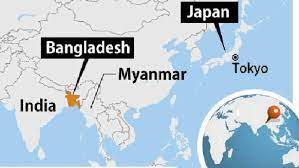In a recent statement, Japan’s newly appointed Foreign Minister Takeshi Iwaya has expressed support for exploring the “Asian NATO” concept proposed by Prime Minister Shigeru Ishiba. Iwaya described the idea as “worth exploring in the mid- to long-term,” signaling a potential shift in Japan’s regional security strategy.
The concept of an “Asian NATO” – a collective security alliance in Asia similar to the North Atlantic Treaty Organization – has been a topic of discussion among policymakers and analysts in recent years. Prime Minister Ishiba’s proposal brings this idea to the forefront of Japan’s foreign policy agenda.
While details of the proposed alliance remain unclear, the concept generally refers to a collective defense agreement among Asian nations, potentially including countries like Japan, South Korea, Australia, and others, to counter growing regional security challenges.
Iwaya’s comments suggest that the Japanese government is considering this strategic shift carefully, with an eye toward future implementation rather than immediate action. The Foreign Minister’s emphasis on “mid- to long-term” exploration indicates that such a significant change in regional security architecture would require extensive planning and negotiation.
The proposal and Iwaya’s supportive stance come amid increasing tensions in the Asia-Pacific region, particularly concerning China’s growing military assertiveness and North Korea’s nuclear program. An “Asian NATO” could potentially serve as a counterbalance to these perceived threats.
However, the idea is likely to face challenges, including potential opposition from China and questions about how such an alliance would interact with existing security arrangements in the region, such as the U.S.-Japan and U.S.-South Korea alliances.
As discussions on this concept progress, it will be crucial to monitor reactions from other regional powers and potential member states. The development of an “Asian NATO” could significantly reshape the security landscape in Asia and have far-reaching implications for global geopolitics.
Foreign policy experts and international observers will be closely watching for further statements from Japanese officials and responses from other Asian nations as this proposal develops.






